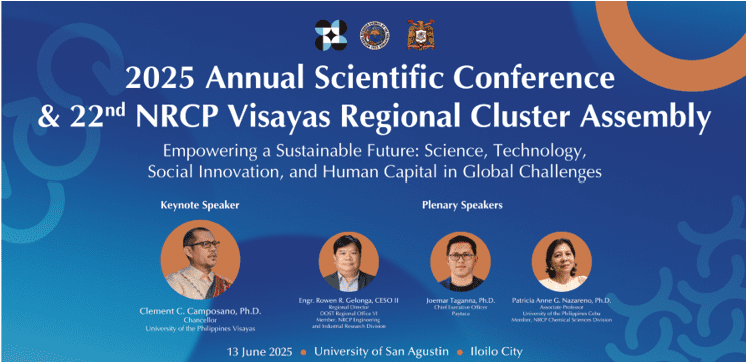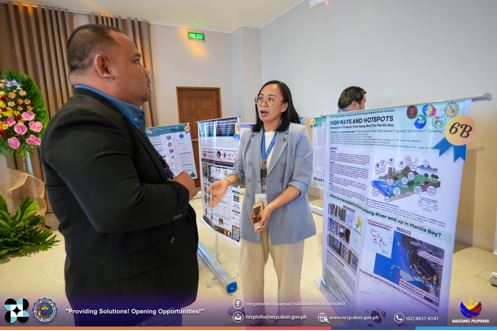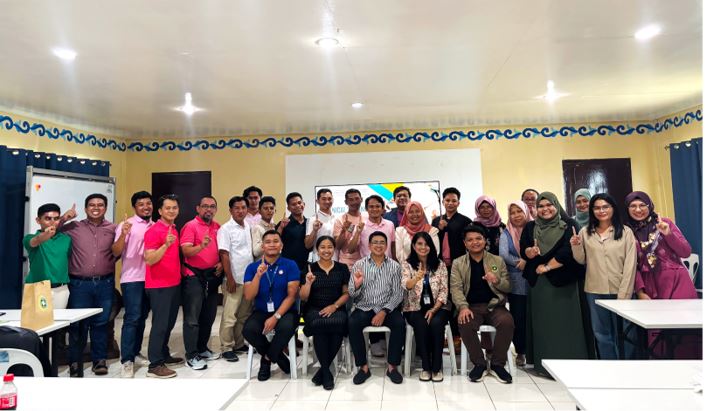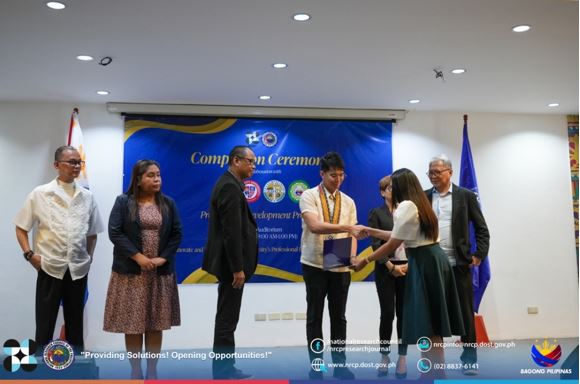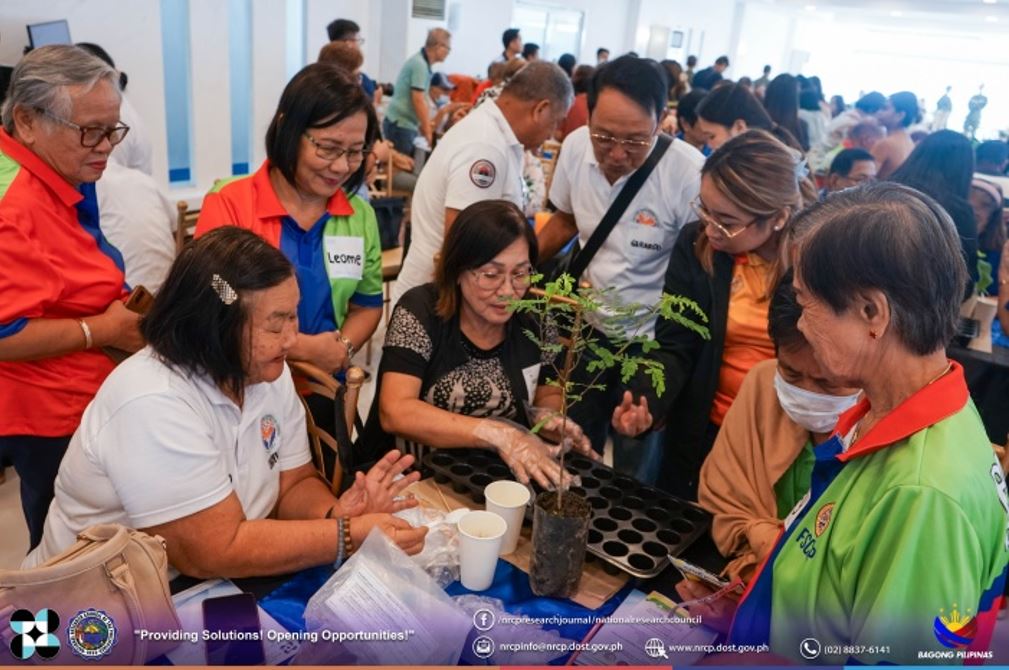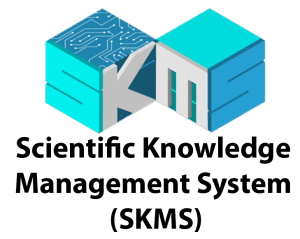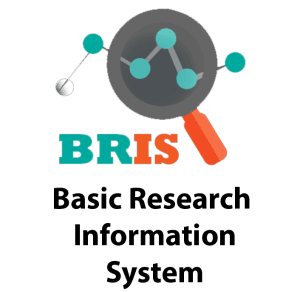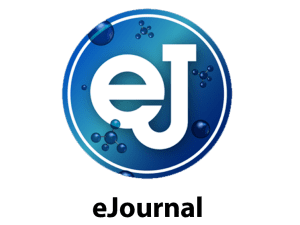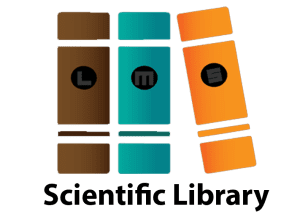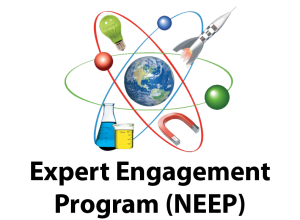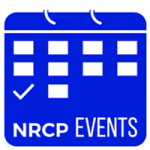Dr. Wendell’s team has used metagenomics technique and procedure to analyze the total genomic content of microorganisms in all the water samples taken from the bay’s tributaries. The genomes were then sequenced and compared to identified sequences of pathogenic microbes.
Metagenomics is the study of structure and function of entire nucleotide sequence of organisms. It is an unbiased, culture-free detection and identification of a broad number of pathogens and antimicrobial resistance alleles. Pathogen surveillance strategies have varying aims, ranging from identifying species and strains to detecting antibiotic resistance genes or plasmids, the National Human Genome Research Institute said.
NRCP Researcher, Dr. Wendell said that this research project funded by the NRCP has provided them with the evidence of the potential application of metagenomics in improving pathogenic surveillance and the generated data can be effective to public health decision-making. On the perspective Manila Bay’s threatened natural environment, characterizing the pathogens present in its water system can also help address the threats and design preventive strategies to minimize the negative impacts to public health, Dr. Wendell added.
The NRCP Executive Director, Marieta Bañez-Sumagaysay believes that metagenomic technique and procedure can provide important pieces of information about the microbial communities lurking in the coves of Manila Bay particularly those pathogenic species along with the parameters that influence these pathogenic communities. Eventually, the data can be used to develop protocols for the monitoring water quality in Manila Bay and potential pollution sources, which can lead to more concrete steps in controlling pathogen load into the bay, thus, improving its overall water quality, Dr. Sumagaysay added.
On the other hand, the NRCP President, Dr. Cristine D. Villagonzalo said that this NRCP research project has successfully used an innovative and effective tool that can help deter the threats to the natural environment of the Manila Bay, particularly the pollution hotspots where pathogenic bacteria and water-borne parasites thrive. This tool gives hope because it easily identifies microbial communities with all the grim details and that will allow policymakers and other researchers and scientists to come up with better and effective solutions addressing the situation with the help of a “crime fighting technology,” the metagenomics for pathogen detection and source-tracking.
The presentation of the results of this research project, the use of metagenomics, was featured in the NRCP Basic Research Caravan, talk show format, at the main stage of the World Trade Center, last November 25, 2022 as one of the activities of the weeklong celebration of the 2022 National Science and Technology Week. (Venus Abigail D. Gutierrez, SRS I)









